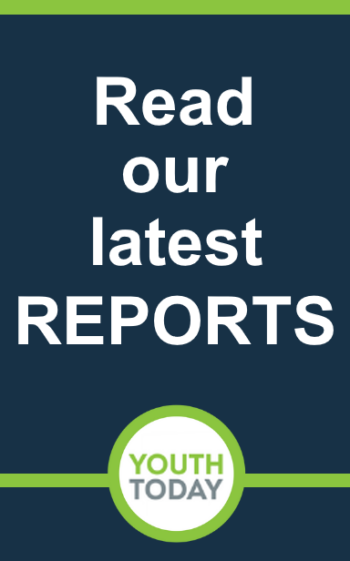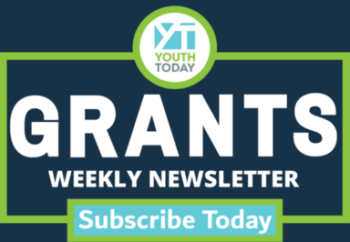With the arrival of Lena Townsend and Anne Lawrence in the early 2000’s, the Robert Bowne Foundation (RBF) expanded its internal capacity to support grantee programs in a number of ways beyond the provision of grants. Among these, regular Support Visits with Program Directors — and often including other staff members as well – have been particularly important, both for grantees and for the RBF.
Transition from Site Visit to Support Visit
In its early years, RBF required grantees to submit an interim and final report as well as conducted accountability-oriented site visits to see how an agency used its grant money, a standard funder practice. However, RBF Program Officer Anne Lawrence decided to shift the focus away from accountability and toward the provision of programmatic and management support for grantee agencies. In an October 2013 interview, Lawrence describes this transition:
“When I arrived at the Foundation, there was a pile of proposals, and the interim [grantee] reports were due. We decided to stop the proposals [from coming in] and to get a sense of the grantees. I found that the Interim Reports were useless, and began thinking about how you visit a program and not be entertained. I decided to help with doing the actual work. I developed the Support Visit Questionnaire, sent it ahead of my visit, and focused the discussions during the visit on what they needed. I also encouraged the Executive Director to bring the staff and I talked to them. I kept hearing from programs that this had been a great chance to reflect on programs. Then when we began to do Networking meetings, the topics came from the issues raised in the Support Visits …
“I listen to their challenges and offer capacity-building and technical assistance to build sustainability … I help them become reflective practitioners. This also helps people stay in the field. There is a lot of turnover in afterschool. What I learned kept me in the field of adult education and youth education. It is not the money — it is the fact that I can constantly learn, and am in a position to affect people. Change the world one person at a time. Each person impacts another.”
RBF’s Support Visit Process
In preparation for the Support Visit, the program director receives, completes, and returns a RBF Support Visit Questionnaire. Information on the completed form then establishes the platform for the in-person conversation. The process prompts the program director and program staff to reflect deeply – and write about – critical aspects of the program before meeting with the Foundation. It also helps ease potential anxiety about how to prepare for the visit as well as concerns about surprise questions.
At the same time, the process allows Lawrence to prepare for a substantive conversation based on the reflections of the director and program staff, including particular areas to explore as well as possible ways RBF might provide useful support. Offers here might include professional development support, referrals to potentially useful contacts, or ideas about possible next steps. Thus, for example, the offer of additional training and support from Community Resource Exchange, a nonprofit management consulting firm, for an organization’s fund raiser was quickly accepted, as was, in another instance, the provision of in-depth and extensive support to help prepare an organization for the retirement of its long-time founding executive director.
RBF’s Support Visit is an opportunity to work with and help the grantee organization build its capacity to conduct an effective, engaging literacy program for young people — and to do so within a well-managed, sustainable organization.
Grantees openly express their appreciation for this assistance:
- Anne [Lawrence] and Lena [Townsend] came up with some unique ways of getting us to talk about and look at what we do through the surveys and reports they ask for every June and July … It’s a really great process for thinking through what you do — and doing the work to make it even better.
- We have appreciated the collaborative approach that the Foundation has taken with its grantees. The annual site visits have provided us with the opportunity to reflect on our progress and approach each year, and to engage in valuable discussions with program staff who are experts in the field of literacy and after school enrichment.
- The Robert Bowne Foundation is highly intentional about acquiring feedback from grantees about the quality of its own programs and efforts. We think this has made RBF very sensitive to the needs of its grantees and strategic about assessing them.
LINKS:
- Support Visit Questionnaire (2013 version)
- Snapshot: Excerpt from Support Visit Questionnaire and related Support Visit Conversation
- Video: Excerpt from Robert Bowne Foundation Program Officer Anne Lawrence’s Support Visit to the Lincoln Square Neighborhood Center.



















